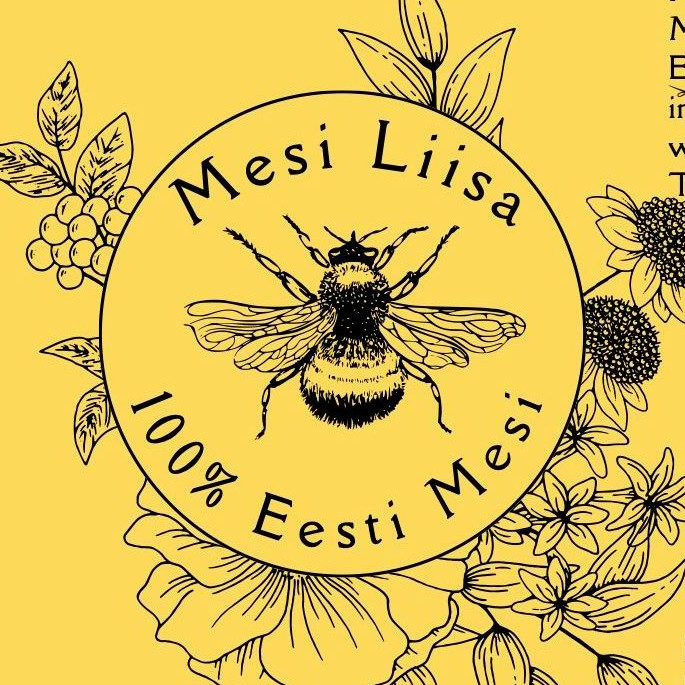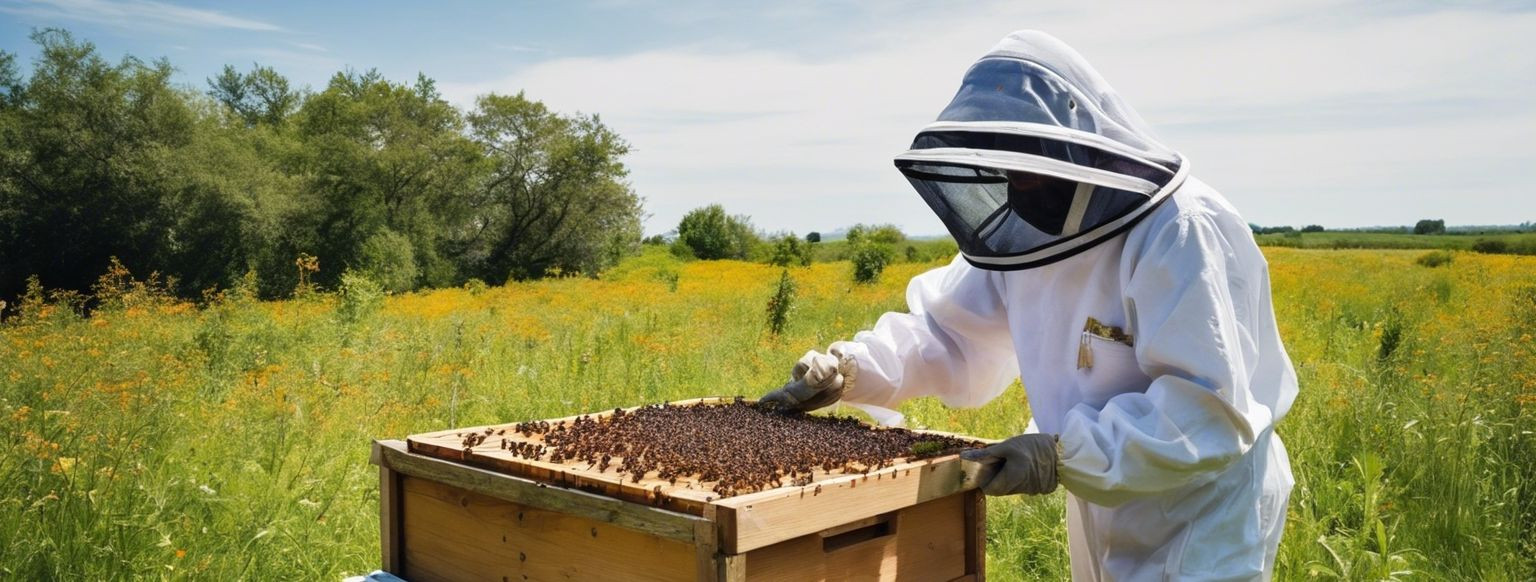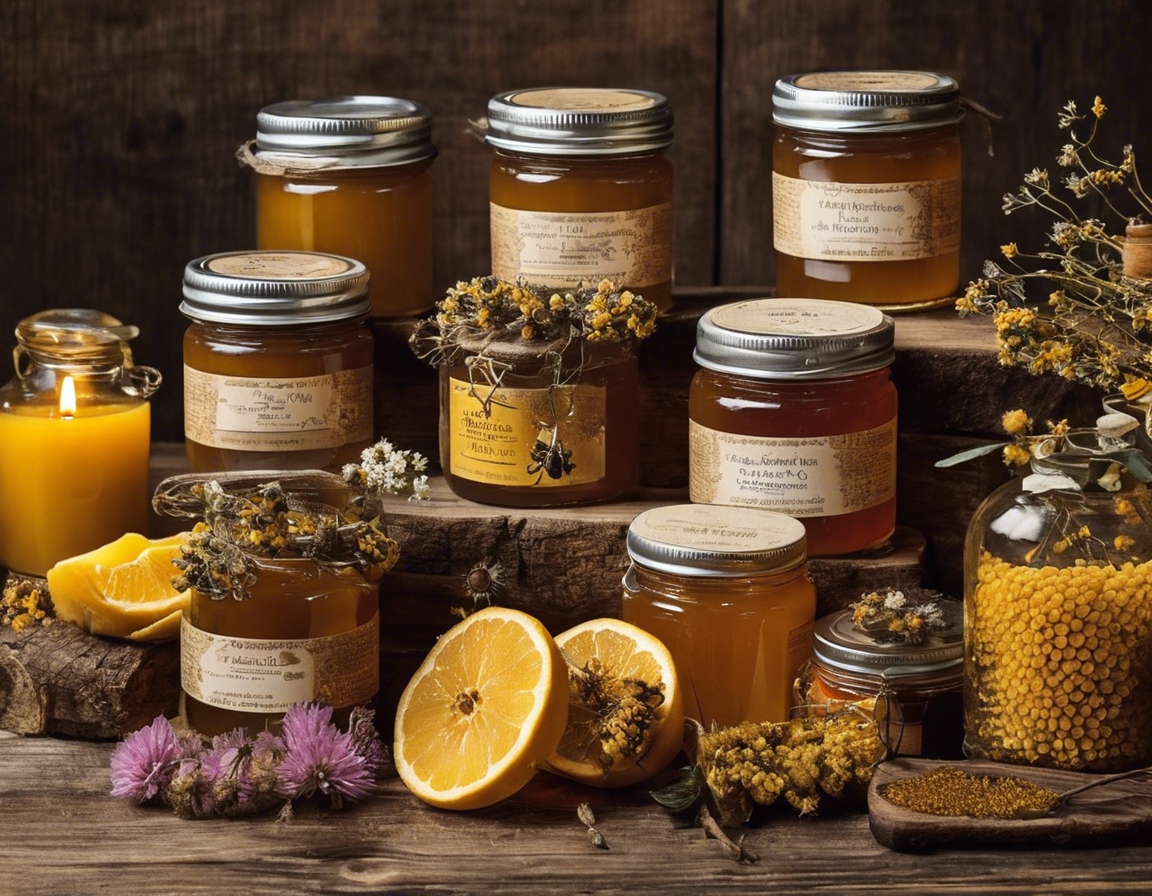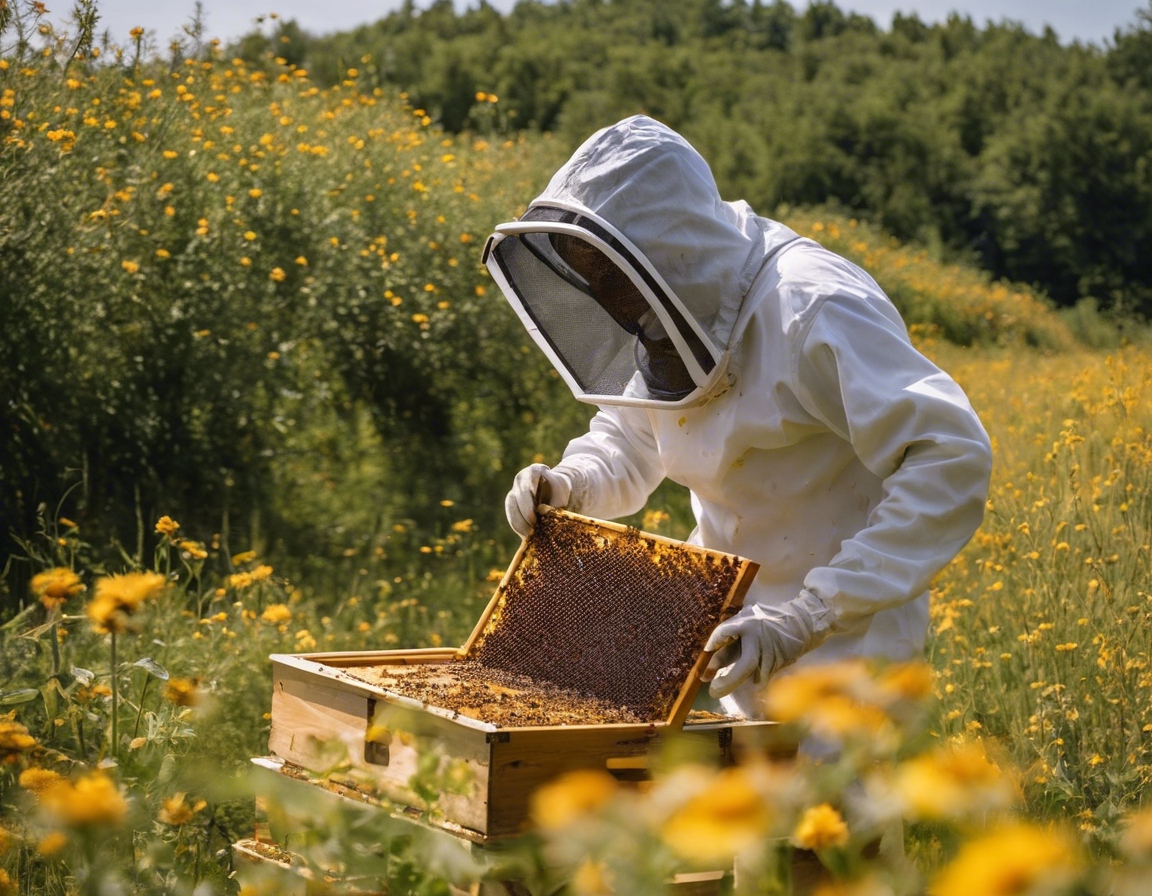How bee resettlement supports biodiversity
Bees are facing unprecedented challenges, from habitat loss to pesticide exposure. The decline in bee populations poses a significant threat to global biodiversity. Resettlement initiatives aim to counteract these threats by relocating bees to safer, more suitable environments where they can thrive and continue their vital role in pollination.
Bee resettlement involves the strategic relocation of bee colonies to areas where they can contribute to the health of local ecosystems. This practice not only helps protect bees but also supports the broader goal of maintaining biodiversity.
The Role of Bees in Biodiversity
Bees are some of nature's most efficient pollinators, playing a crucial role in the reproduction of many plant species. Their work ensures the production of fruits, seeds, and the genetic diversity within plant populations.
The pollination services provided by bees are essential for the survival of many plant species. By transferring pollen from one flower to another, bees facilitate cross-pollination, which is vital for plant diversity and resilience.
The ripple effect of bee pollination extends to wildlife, which relies on diverse plant species for food and habitat. The presence of bees in an ecosystem can therefore have a profound impact on the variety and abundance of wildlife.
Bee Resettlement Practices
Resettlement projects often involve the creation of new habitats that are rich in native flora, providing bees with the resources they need to prosper. These habitats can range from urban rooftop gardens to rural wildflower meadows.
When bees are resettled, they bring their pollination services to new areas, which can help restore and enhance local ecosystems. This can be particularly beneficial in regions where native bee populations have declined.
Community-driven resettlement projects can foster a sense of stewardship and raise awareness about the importance of bees. Engaging local communities in the process helps ensure the success and sustainability of resettlement efforts.
The Benefits of Bee Resettlement for Biodiversity
By bolstering bee populations and pollination services, resettlement can help ecosystems recover from disturbances and adapt to changing conditions, thereby enhancing their resilience.
Agriculture benefits greatly from healthy bee populations. Resettlement can lead to increased crop yields and quality, as well as the cultivation of a wider variety of plants, contributing to agricultural biodiversity.
Bee resettlement often goes hand in hand with sustainable farming and land-use practices. By promoting these methods, resettlement initiatives can have a lasting positive impact on biodiversity.






Comments (0)